6. Shakespeare In Love, Best Picture
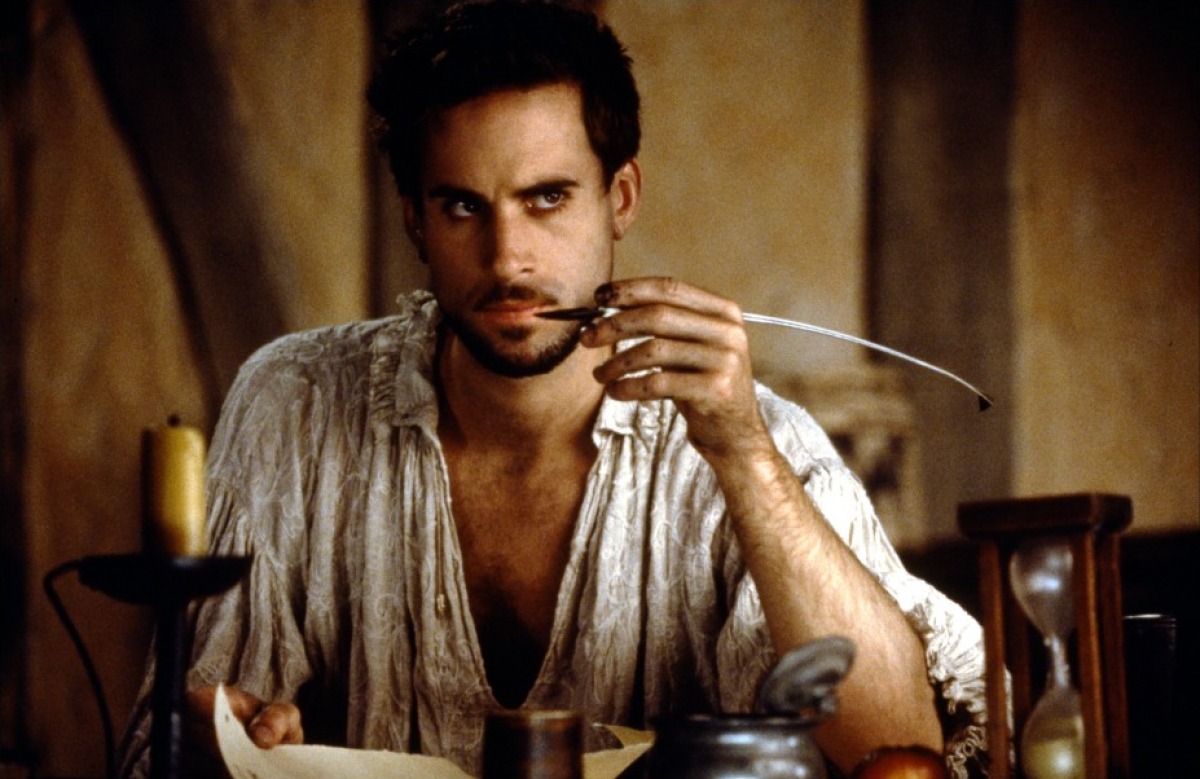
Possibly the most notorious win in Academy history, Shakespeare In Love–the frothy historical romantic comedy that presupposes so much of William Shakespeare’s biography that it could be deemed fantasy–won the Academy Award for Best Picture.
While a slick and enjoyable enough film, it is difficult to believe that against such stiff competition as Life Is Beautiful, Elizabeth, The Thin Red Line, and (especially) Saving Private Ryan that it would walk away with the big prize that year. But its win makes more sense if you know anything about the hulking giant that dominated Hollywood in the 1990s named Harvey Weinstein.
Weinstein–who ran the independent studio Miramax and introduced indie films to mainstream audiences to great commercial success that decade–was a ruthless entrepreneur whose foul mouth and aggressive demeanor had bullied countless producers, directors, and actors during the height of his reign to bend to his will.
And during the Awards season in 1999, as with many seasons that preceded it that decade, Weinstein was out for Oscar gold. His darling project that year, Shakespeare In Love, was the focus of his intent (indeed, he had even presided over a “ghost edit” of the film) and wanted as many wins for it as possible. So, as related in the excellent book Down and Dirty Pictures by Peter Biskind, Weinstein campaigned furiously for the film within the industry and among Academy voters.
After all, if he could force voters into awarding Best Picture to The English Patient just two years before, why not this one? The result? Instead of the hard-hitting realism of Spielberg’s Saving Private Ryan or Terrence Malick’s meditative treatise on war The Thin Red Line, the comic, lightweight Shakespeare In Love walked away not only with Best Picture and Best Actress (Gwenyth Paltrow over Cate Blanchett’s portrayal of the queen in Elizabeth) but also Best Supporting Actress and Best Original Screenplay.
Although many accusations about industry bias and studio persuasion have colored many Oscar nominations and awards before and since, the surprising domination of Shakespeare In Love at the 71st Academy Awards easily lends credence to such charges.
7. Chicago, Best Picture
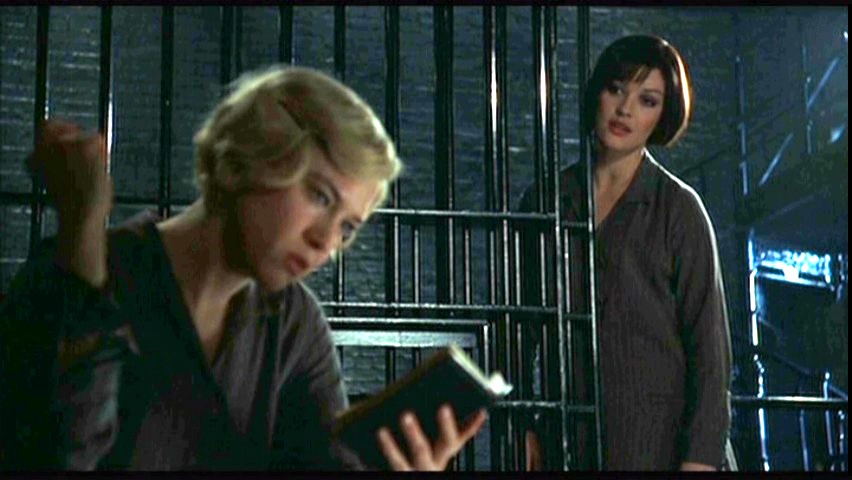
A razzamataz musical secures a Best Picture nomination in the 21st century. This sounds like a prediction for this year’s Oscar nominations, but it may be a repeat since another musical won Best Picture in 2003.
Chicago–the Broadway musical-turned-major motion picture, was a box office hit and a crowd pleaser, but its cinematic merits are questionable at best. While its wins that night in certain categories aren’t a surprise (Best Sound Mixing and Art Direction among them), scoring a Best Picture win wasn’t expected for this jazzy throwback win.
A high-energy and flashy movie in its own right, Chicago was up against stiff competition that year: The Pianist, Lord of the Rings: The Two Towers, The Hours, and Gangs of New York were all nominated for Best Picture, but the little musical-that-could somehow trumped these big-budget prestigious films.
Thanks to another strong-arm campaign by Harvey Weinstein, Chicago was nominated for an astonishing 12 nominations at the 75th Academy Awards. A huge box-office hit, its cinematic artistry was technically appealing but not particularly stand-out, heavily evoking the staging and cinematography of Cabaret.
A happy jaunt, maybe it was an appropriate choice following the dismal mood in The United States after a difficult year–including a continual war in Iraq and Afghanistan, another space shuttle disaster, and an ongoing recession–that this sliver of escapism won over the somber offerings in the category that year.
8. Adrien Brody, Best Actor, 2003
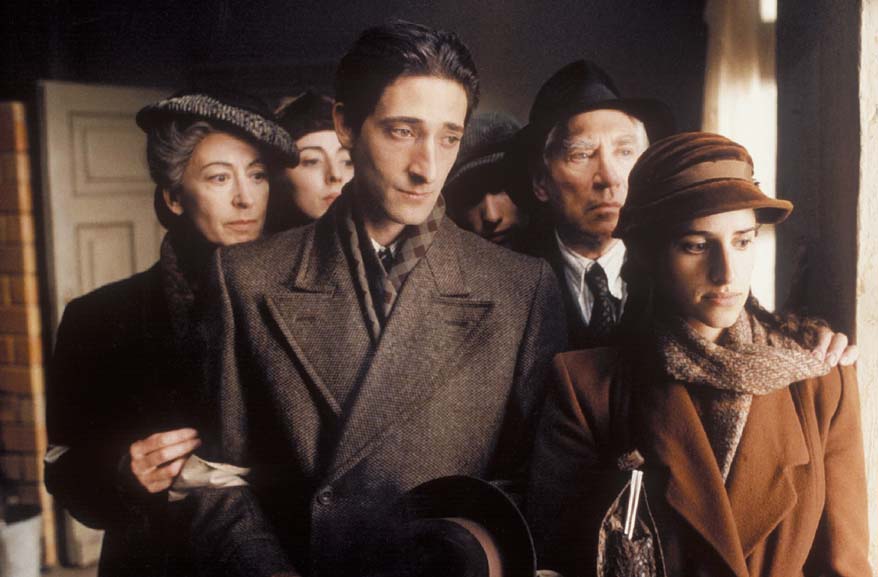
It’s not a controversial statement to say that Adrien Brody is a good actor, or that his performance as musician Władysław Szpilman–who survived the Nazi occupation of Warsaw and The Holocaust–wasn’t a fine one in The Pianist. But his competition in the category was a list of legendary actors: Michael Caine, Nicolas Cage, Daniel-Day Lewis, and Jack Nicholson. So it came as a surprise when Brody won, making him the youngest Best Actor winner in Awards history.
Upon hitting the stage to receive his Oscar, he planted a long kiss on the presenter, a stunned Halle Berry, and gave the kind of impassioned speech a truly surprised winner usually gives at the Oscars.
And looking back at his stiff competition, it really is surprising that he won: Nicolas Cage gave possibly the best performance of his career in Adaptation (and playing two very characters at that); Daniel-Day Lewis, who was nominated for his electrifying role as Bill “The Butcher” Cutting in Gangs of New York; Jack Nicholson playing a cantankerous retiree to perfection in About Schmidt; and Michael Caine as a journalist covering the French war in Vietnam in the early 1950s.
Between these actors’ pedigrees and the strength of their nominated work that year, nobody would have guessed that the young man–whose performance was admittedly strong–was going to walk away with a statuette that night. At best, many thought that it was an honor he was even nominated.
9. Crash, Best Picture, 2006
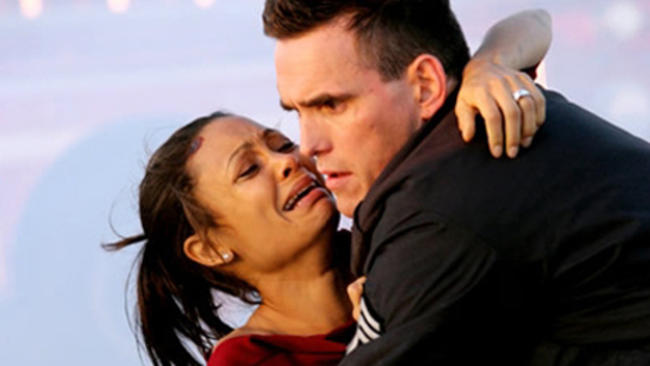
There have been many controversial Best Picture wins in Oscar history, but none have been as widely discussed as 2005’s Crash. The film–a patchwork parable of sorts about racism (it’s bad, you see)–follows a diverse cast of characters over a two-day period in Los Angeles as they all engage in various xenophobic and racist interpersonal conflicts.
It opened to mostly positive reviews and was a box office success, but its lack of early awards season buzz didn’t suggest that it would find many gains at the Academy Awards early the next year. Despite this, it was nominated for six Oscars, including Best Director and Best Screenplay. And, in one of the longer long-shots, it actually captured Best Picture in a win that would be talked about (and derided) for years to come.
There are a few controversies surrounding its win. The first was its besting the favorite of that year, Brokeback Mountain, with accusations that it was a “safe” choice against a film that depicted a gay love affair. Besides this, it was up against other strong contenders like Capote (for which Philip Seymour Hoffman won Best Actor) and Steven Spielberg’s Munich.
The second came afterwards from later critical revisions of Crash’s overall quality, citing stereotypical characterizations of race and that, as mentioned previously, it was a weaker film than its competition. Even the director of the film, Paul Haggis, stated in 2015 that the film shouldn’t have won that year. But it did, and it goes down in history as one of the most surprising–and controversial–Best Picture wins in Academy Award history.
10. Argo, Best Picture, 2013
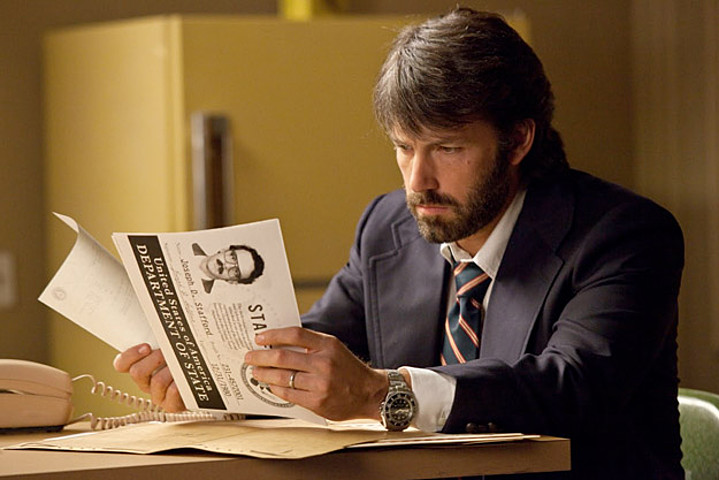
Ben Affleck is a polarizing figure: while some enjoy his acting work and cinematic output, others find him alternately bland and smug and having starred in more bad movies than good ones. Maybe this latter view is why Affleck has heavily pulled back from starring in films (somewhat) and instead turned to directing them.
After two well-received features (2007’s Gone Baby Gone and 2010’s The Town), Affleck turned to directing the historical drama Argo. Based on a true story (though heavily dramatized), the plot follows a CIA operation to trick Iranian officials into thinking they are interested in producing a movie in their country when instead they use this as a cover to rescue American embessy workers trapped in Tehran during the Iran hostage crisis in the late 70’s to early 80’s.
With the help of a Hollywood producer, they successfully fake the development of a sci-fi film (the titular Argo) and infiltrate the country to rescue the embassy workers. It’s an enjoyable enough caper and a slick film–perhaps a little too slick, and a little too Hollywood, but a fine enough picture.
A critical and box-office hit, it landed on many critics’ “Top 10” lists that year. And it may have been because the Best Picture category had been expanded to include more than five nominees just three years before that it was one of nine nominees that year.
Its win was a surprise, not the least of which was because of its stellar competition, including the artful Beasts of the Southern Wild, the popular Silver Linings Playbook (for which Jennifer Lawrence won Best Actress), Spielberg’s historical drama Lincoln (Daniel-Day Lewis won Best Actor for his portrayal of the 16th president), Ang Lee’s Life of Pi (who won Best Director), and Quentin Tarantino’s Django Unchained (which won Best Original Screenplay and Best Supporting Actor for Christoph Waltz). Against such masterful films, Affleck’s popular popcorn flick didn’t seem to stand a chance, but when the time came it was Argo that won Best Picture.
While initially well-received, looking back the film is rife with historical inaccuracies for the sake of building tension; besides this, by downplaying the Canadian Embassy’s role in the rescue, the suggestion that the British and New Zealand governments turned away the CIA when asked for help (they didn’t; they actively supported the mission), and the negative portrayal of Iranians in the film managed to offend all countries involved, with the current president of Iran at the time of its release pointing out that all of the cabinet members of the country during the events the film covered were in favor of letting the Americans go.
But that’s entertainment for you: never let the facts get in the way of a good story. And while Argo is good entertainment, it certainly wasn’t the best picture of that year–or any year, for that matter.
Author’s Bio: Mike Gray is a writer and academic from the Jersey Shore. His work has been featured on Cracked and Funny or Die, and he maintains a humor recap film blog at mikegraymikegray.wordpress.com.